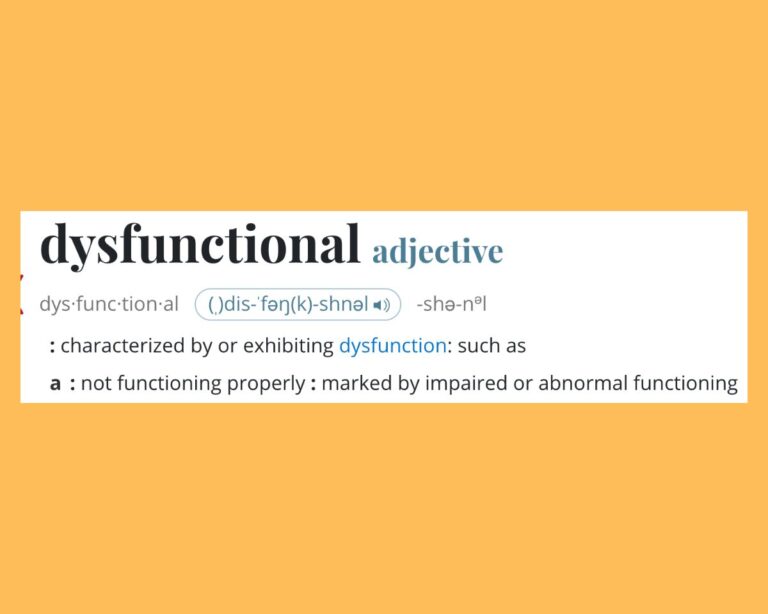Denver school board member John Youngquist is alleging that the board violated state open meetings law by misstating the purpose of a recent executive session, and by excluding him from that session because it dealt with a matter he had raised about his compensation.
Commentary
This summer, we will mark a significant milestone for education here in Denver. Rocky Mountain Prep and STRIVE Prep will unite to become the first cradle-to-college network in Denver, offering students educational support from 12 weeks old through 12th grade.
Members of the dysfunctional Denver school board despise that governing body being called dysfunctional, repeatedly and emphatically denying that it is what it so plainly is.
Somewhere along the line, the Adams 14 board and administration lost sight of their mission, which is providing the children of their district with the best possible public education. Instead, they became fixated on turf battles and maintaining control over where Commerce City children attend school.
Once lost, credibility is hard to regain. When people no longer trust you, then every move you make will be scrutinized and criticized, and your motives will be called into question.
As criticism of the board has mounted since the March East High School shootings, and calls for mass resignations have gathered steam, Auon’tai Anderson has intensified his allegations that much of the criticism of him is race-based. That is only partly true.
From Fidel “Butch” Montoya: There is a growing movement to change this board. I initially opposed such a dramatic move, but it is becoming clear that the board and superintendent do not have the leadership skills to lead DPS during one of the dangerous and critical periods in its history.
Collectively, board members and the superintendent spent 20 minutes Monday discussing school safety.
Monday’s Denver school board meeting offered an almost perfect microcosm of the board’s operational ineptitude over the past 16 months: struggling to get out of its own way, and then making terrible decisions when it finally does.
The recent proposal from DPS Superintendent Alex Marrero to revoke the district’s partnership with the Beacon Innovation Zone breaks my heart. It is deeply troubling to me that a leader like Alex Magaña, who is leading on equitable education, is being penalized for all of his hard work.


















Youngquist: Why I am considering a run for Denver school board
I know what it is like to teach in our classrooms, to lead in our schools, and to support principals as a supervisor, coach and mentor. Doing those things brings me great joy. I also know what it is like to stand outside of the school where my two children are trapped because a shooting has occurred.